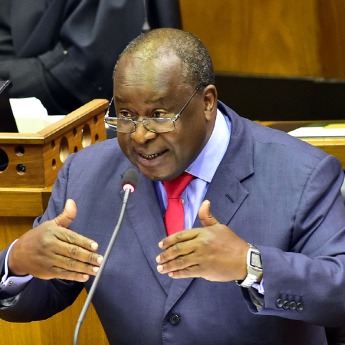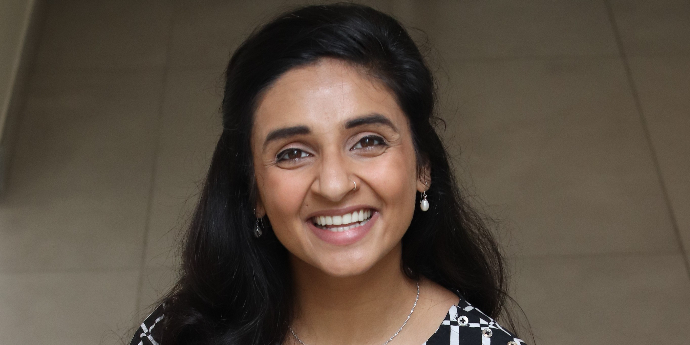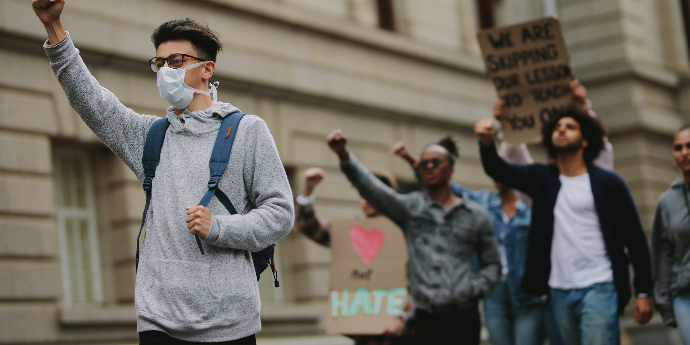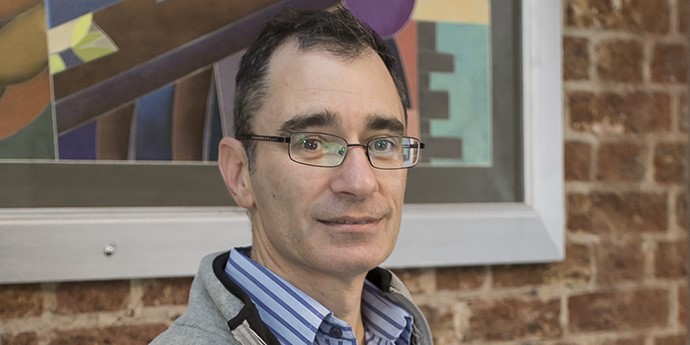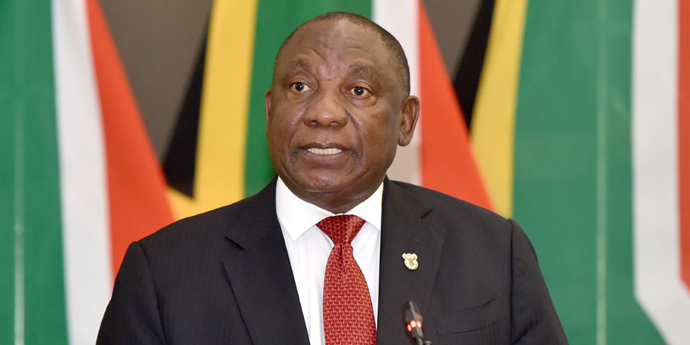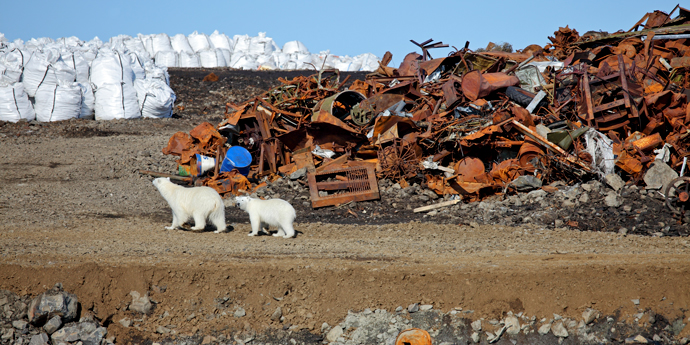Even before the onset of the health crisis, SA’s economy was already hurtling toward disaster. But the move to zero-based budgeting and limiting endless SOE bailouts provide possible silver linings.
In a time of crisis such as the pandemic we are facing, in which growth has all but collapsed leading to huge job losses and lower tax revenues, budget speeches can be Rubicon-esque in importance. They can provide an administration with a chance to reset, chart a new path for economic prosperity, and lift the spirit of the nation.
Yet in SA where crises have almost become commonplace, budget speeches tend to be predictable and uninspiring, not least because implementation is always lacking. The speeches are more or less a game of numbers, without the finer details about implementing crucial reforms necessary to fire up the economy.
The hard reality is that only a growing economy can address most of the challenges SA is facing. And to grow the economy, macroeconomic and structural reforms in key sectors such as energy and transport are an absolute imperative. Structural reforms to boost competition and infrastructure, restructure SOEs, eliminate corruption, and tackle skills training and education challenges are key ingredients to reignite the economy.
Without such measures, South Africa will not be able to achieve the growth it needs, and its fiscal challenges will remain. Government has in recent times been hiding behind the pandemic and global factors, blaming these for its lack of bold policy choices, and Wednesday’s budget speech mirrored this once again.
While Finance Minister Tito Mboweni’s speech had some good news, such as limiting the imposition of higher or new taxes (of course sin taxes were going to go up), and reducing the corporate tax rate, for the most part, in terms of tackling SA’s budget deficit and massive debt load, what remains uncertain is whether the Minister will manage to push through much needed measurers to reduce the wage bill, to wean SA's struggling state-owned enterprises off the fiscus, and to create an investment friendly environment that will lead to higher and more inclusive economic growth in the year ahead.
Before COVID-19 hit, ratings agencies cited SOEs, including Eskom and SAA, which carry debts of close to R700bn between them, as among the major risks to the sustainability of the nation’s finances. So too the wage bill, which still threatens to widen the budget deficit and lead to higher levels of government debt. The wage bill remains a major headache for the state amid tough negotiations between government and public sector unions. Average remuneration in the public sector is higher than that in the rest of the economy. For every R100 the state collects in tax revenue, nearly half of that is spent on paying the salaries of public servants and R20 goes to servicing debt, which leaves very little for the expansion of the country's productive capacity. This is unsustainable. Therefore, expenditure cuts, reducing wasteful expenditure, and clawing back the billions of Rands looted from the economy cannot be over-emphasised, especially in a stagnating or shrinking economy.
In addition, much of the R2 trillion budget hinges on the speed of the post-COVID economic recovery with an expectation that South Africa will only return to stagnant pre-COVID economic growth levels in 2023/2024. However, it should be borne in mind that government has consistently over-estimated the country’s economic growth rates so it is likely that the country will only recover even later. This has significant implications for debt stabilisation, which is hoped to level at 89% in 2025/2026, and unemployment, which varies between 32% to 50% depending on demographic and provincial factors.
Looking ahead, fiscal consolidation alone will not reignite economic growth. Even before the onset of the health crisis, SA’s economy was already hurtling toward disaster. Now, its finances have been further stretched, due to funding needs to finance the vaccine programme (which could cost the state up to R20 billion), expanding state-assisted employment by R11 billion, the National Youth Development Agency by R1.4 billion, and the emergency COVID-relief grant by R2.1 billion.
Possible silver linings, however, are closing the curtain on endless SOE bailouts (except for recapitalising the Land Bank at R9 billion over the next three years) and the move to zero-based budgeting. Zero-based budgeting is an approach that requires all expenses to be justified for each new period. It starts from a zero base and every function within an organisation is analysed for its needs and costs.
Wednesday’s budget, coming soon after the lacklustre State of the Nation address by President Ramaphosa suggests that policy direction is increasingly shifting from the presidency to the finance cluster. Although this shift could potentially insolate President Ramaphosa from the political fall-out of unpopular decisions, it could also be viewed as an admission that as a result of ANC factionalism, Ramaphosa is a lame duck.
Sean Gossel is an Associate Professor and Assistant Deputy Director of the UCT Graduate School of Business.

